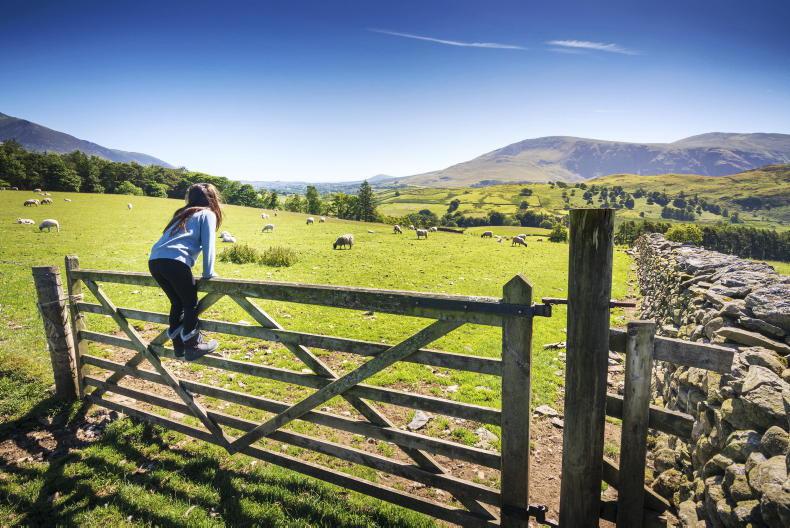The bluetongue virus restricted zone will be extended from 1 July 2025 to cover the whole of England.
This will end animal movement restrictions and allow farmers to move cattle and sheep throughout England without movement tests.
The decision to extend the zone follows consultation between industry and scientists recognising that the area of England where disease has been found is now too large for movement restrictions to remain an effective way of controlling the disease.
UK chief veterinary officer Christine Middlemiss said: "Through movement controls, we have slowed the westerly spread of bluetongue until vaccines are available.
"We are now moving away from government-imposed movement controls, which are costly and disruptive to farming, particularly those within the zones.
"An all-England restriction zone will allow livestock farmers currently impacted by burdensome restrictions to be on equal footing with [the] rest of England."
Vaccines
Bluetongue serotype 3 (BTV-3) vaccines are now available and farmers are strongly encouraged to discuss their use with their private vet, as vaccination is the most effective way to protect livestock from bluetongue.
This new approach is in alignment with the approach taken throughout the EU.
This will also allow a renewed focus on resources on higher priority disease risks, which now presents a greater risk to industry, such as foot-and-mouth disease and African swine fever.
What is bluetongue?
Bluetongue virus is primarily transmitted by midge bites and affects cattle, goats, sheep, goats, deer and camelids, such as llamas and alpacas.
The impacts on susceptible animals can vary greatly – but in most cases seen since September 2024, clinical signs have been mild and animals have recovered.










SHARING OPTIONS